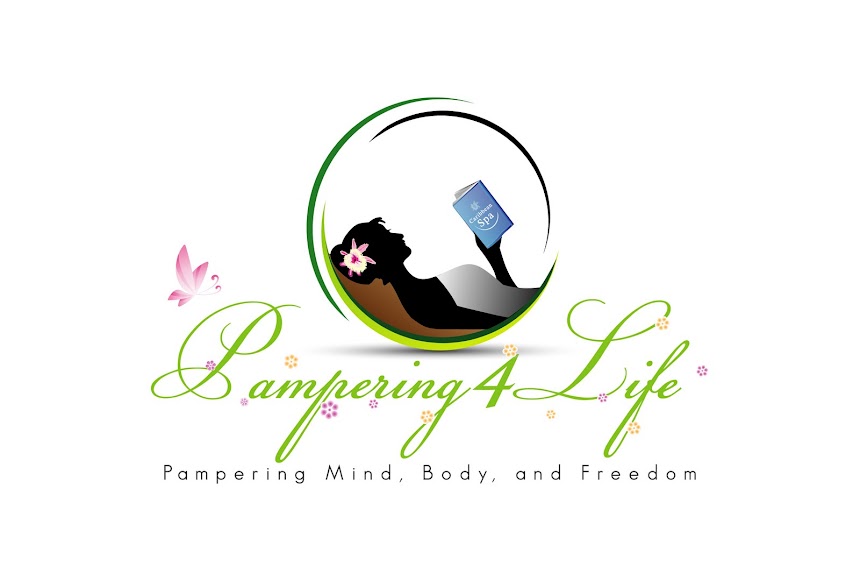As for how your diet affects your baby, there are no special foods that will help you make more milk. You may find that some foods cause stomach upset in your baby. You can try avoiding those foods to see if your baby feels better and ask your baby’s doctor for help.
Keep these important nutrition tips in mind:
- Drink plenty of fluids to stay hydrated (but fluid intake does not affect the amount of breast milk you make). Drink when you are thirsty, and drink more fluids if your urine is dark yellow. A common suggestion is to drink a glass of water or other beverage every time you breastfeed. Limit beverages that contain added sugars, such as soft drinks and fruit drinks.
- Drinking a moderate amount (up to 2 to 3 cups a day) of coffee or other caffeinated beverages does not cause a problem for most breastfeeding babies. Too much caffeine can cause the baby to be fussy or not sleep well.
- Vitamin and mineral supplements can not replace a healthy diet. In addition to healthy food choices, some breastfeeding women may need a multivitamin and mineral supplement. Talk with your doctor to find out if you need a supplement.
- See our Breastfeeding fact sheet for information on drinking alcohol and breastfeeding.
Can a baby be allergic to breast milk?
Research shows that a mother’s milk is affected only slightly by the foods she eats. Breastfeeding mothers can eat whatever they have eaten during their lifetimes and do not need to avoid certain foods. Babies love the flavors of foods that come through in your milk. Sometimes a baby may be sensitive to something you eat, such as dairy products like milk and cheese. Symptoms in your baby of an allergy or sensitivity to something you eat include some or all of these:- Green stools with mucus and/or blood, diarrhea, vomiting
- Rash, eczema (EG-zuh-muh), dermatitis, hives, dry skin
- Fussiness during and/or after feedings
- Crying for long periods without being able to feel consoled
- Sudden waking with discomfort
- Wheezing or coughing


No comments:
Post a Comment